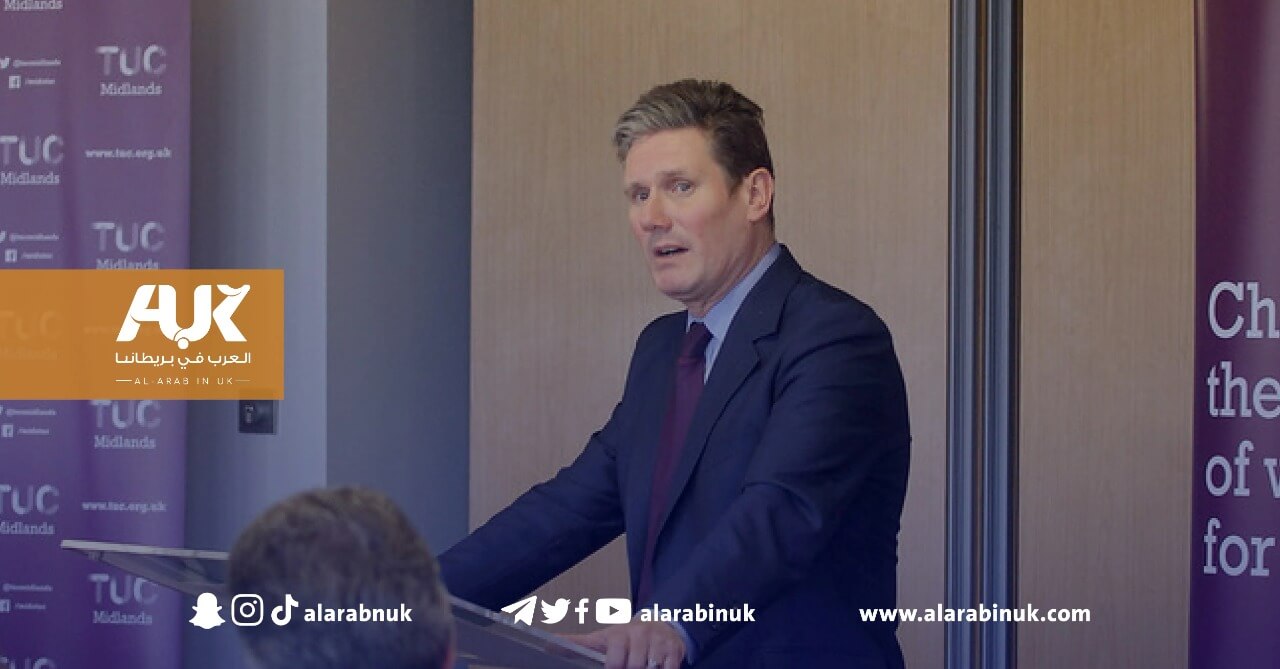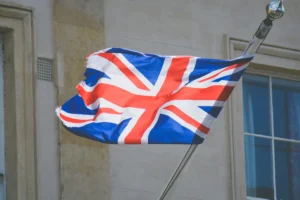A Year of Labour Government: Promises of Change Clash with Reality, and Gaza Becomes a Flashpoint

A year after the British Labour Party’s sweeping victory in the July 2024 general elections, Britons today face a complex political outcome — a mixture of achievements, setbacks, and emerging failures that are beginning to erode public trust in a government once seen as the nation’s salvation from the political and economic chaos of the Conservative era.
But has Labour lived up to expectations? How has it handled major international crises, especially the ongoing Israeli assault on Gaza? And is the party’s popularity already declining in favour of political forces on both the right and left?
Domestic Policy: Partial Successes Undermined by Disappointment

Domestically, Labour introduced several social and economic policies that were cautiously welcomed by the British public, most notably:
- Raising the minimum wage
- Partial support for the National Health Service (NHS)
- Reforms in public education and social welfare
However, these steps proved insufficient to quell mounting concerns. The housing crisis continues unabated, infrastructure—especially transport—remains in decline, and the government has been slow to respond to inflation and the soaring cost of living. The party has also been accused of reneging on key campaign promises, such as scrapping university tuition fees and imposing higher taxes on the wealthy.
Recent polls indicate that many voters feel Labour used left-wing rhetoric to win office, only to revert to a centrist, traditional approach once in power — a shift that has caused disillusionment among parts of its base.
The Gaza File: Complicit Neutrality and Direct Military Support

From day one of the Israeli assault on Gaza, Prime Minister Keir Starmer’s government adopted a position of calculated ambiguity, citing “Israel’s right to self-defence” while avoiding any explicit condemnation of the grave human rights violations committed against civilians and infrastructure in the besieged Strip.
Yet behind this ostensibly “balanced” rhetoric, disturbing truths have emerged about Britain’s role in aiding the offensive. British arms exports to Israel have continued despite warnings from human rights groups. Investigative reports revealed that UK surveillance aircraft flew over Gaza, providing intelligence used in Israeli airstrikes.
In a serious escalation, international organisations including Oxfam and Human Rights Watch accused the British government of being “complicit in genocide” by offering direct military and intelligence support — in blatant disregard for international law and growing calls for an immediate arms embargo on Israel.
Complicity has not been limited to military support. Civil liberties within the UK have also been targeted. The government has imposed increasing restrictions on freedom of speech and protest — disproportionately affecting pro-Palestinian demonstrations, which have at times been officially and media-wise branded as “antisemitic,” sparking outrage among activists and rights defenders.
The past few months have witnessed arbitrary arrests, legal harassment, and bans on student-led events — all part of what appears to be a systematic crackdown on voices critical of government policy or supportive of Palestinian rights. For many, this evokes the kind of political repression Britons believed they had long since left behind.
This combination of military backing and suppression of free expression has created widespread unrest, particularly within the party’s progressive ranks. It has also raised serious questions about Labour’s credibility in championing human rights both at home and abroad.
Labour’s Popularity Erodes, Far-Right Surges

The Starmer government’s performance has begun to take a toll on Labour’s popularity. Recent polls show significant gains for Nigel Farage’s far-right Reform Party, which has re-emerged with a populist narrative focusing on immigration and security — skillfully exploiting public frustration with the government.
The Conservative Party has also seen a modest rebound, leveraging media attacks that frame Labour as having “failed to rescue the economy” and demonstrated “weakness on the international stage.”
Corbyn Returns… with a New Party
In a surprising turn, former Labour leader and current independent MP Jeremy Corbyn is reportedly working with MP Zarah Sultana to launch a new political party, likely to embrace values of “social justice and grassroots resistance.”
The planned party, expected to unite leftists, trade unionists, and pro-Palestinian activists, aims to fill the ideological vacuum left by Labour’s rightward drift — particularly in the wake of Corbyn’s systematic marginalisation and efforts to silence internal critics of Starmer’s leadership and foreign policy.
Both Corbyn and Sultana enjoy strong support among young voters and in culturally diverse urban areas. They are banking on growing discontent with conventional politics to fuel the momentum of their alternative movement.
Looking Ahead: Where Is Britain Headed?

With local and municipal elections looming next year, political observers anticipate a major reshuffling of the balance of power. Likely scenarios include:
- Continued decline in Labour’s popularity unless it delivers substantial progress on core issues
- The far-right Reform Party gaining traction, especially in post-industrial northern regions
- Corbyn’s new party emerging as a credible third force attracting leftist voters and the disillusioned electorate
While no official date has been announced for the party’s launch, all indicators point to the coming weeks as a pivotal period in shaping a political alternative that may disrupt traditional calculations within Britain’s political scene.
Read More:
ShortURL ⬇
Youtube Feed
Error 403: The request cannot be completed because you have exceeded your quota..
Domain code: youtube.quota
Reason code: quotaExceeded
Error: No videos found.
Make sure this is a valid channel ID and that the channel has videos available on youtube.com.

